Written by Robyn Abree
Rough night last night? Everyone has a bad night of sleep now and then.
Your life won't wait until you're rested, so you'll need all the energy you can to get through today. Some of the nation's leading sleep doctors offer tips on how to power through the day after a bad night's rest.
Caffeine can help when you need an energy boost, as long as you don't overdo it, says sleep disorders expert Joyce Walsleben, PhD, of the NYU School of Medicine.
Two cups of coffee, for instance, will give you about as much alertness as you're going to get. Drinking more than that probably won't make you more alert, especially if you drink a lot of caffeinated beverages, says Jeffrey Durmer, MD, chief medical officer at FusionSleep Center in Atlanta.
That's partly about your brain chemistry. When you're sleep deprived, '[sleep hormones] collect in the brain all day and drinking excessive amounts of caffeine isn't going to stop that process," Durmer says. If anything, too much caffeine can give you the jitters, he says.
The same goes for over-the-counter supplements that promise to help you stay alert.
"Caffeine and supplements ... do increase attention and focus and are fine once in awhile, but in no way replace a bad night's sleep," Durmer says. If you use stay-awake supplements regularly, you might need to check with a doctor to see if you have a sleep disorder.
Energy drinks can serve a purpose when used appropriately, but for the most part, usually do more harm than good, says Michael Breus, PhD, who writes WebMD's sleep blog. Breus suggests sticking with plain black or green tea and coffee. Also, steer clear of all caffeine after 4 p.m. to avoid problems falling asleep at night, Breus says.
When you're sleep deprived, you may be tempted to reach for a candy bar. Don't.
Sugar will give you quick energy. It doesn't last, though, and you'll just end up crashing later, Breus says.
Instead, stick to a balanced diet and put extra emphasis on protein-rich foods like nuts and lean meats, he says. Also, avoid large meals and simple carbohydrates, like having pasta for lunch, to avoid energy dips.
Breus suggests eating a salad with grilled chicken, or another lean protein, like fish with veggies for lunch and dinner.
For breakfast, Durmer suggests eating protein-rich foods like eggs and plain Greek yogurt. If you have a sweet tooth, choose fruit, not a doughnut. The natural sugar in fruit takes longer to digest than table sugar and won't make your blood sugar swing as much, Durmer says.
After a bad night's sleep, your attention span may drag a little more than usual. To keep focused, take breaks throughout the day, Durmer says.
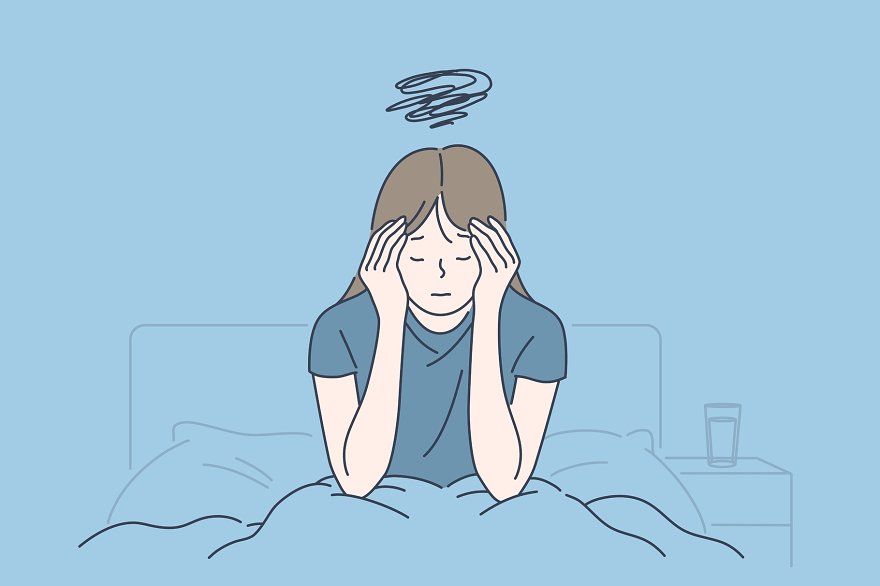
Let's face it, you're not at your best when you don't sleep well. So lighten your work load as much as possible. By doing fewer things, you can still do a quality job without stressing out, Durmer says.
Let's say you have five tasks for the day. Shave them down to two or three, and focus on doing those really well, Durmer says.
Shave them down to two or three, and focus on doing those really well, Durmer says.
You may also want to hold off on making any big decisions until after you've rested, Breus says.
Drowsy driving is dangerous, since it can lead to accidents. Stay off the road as much as possible if you haven't slept.
If you absolutely can't carpool or take transit, power nap before driving, Walsleben says. When driving, don't wear your sunglasses since sunlight may make you feel more energetic, Durmer says. That won't undo your tiredness, so you should still avoid driving, for safety's sake.
Be particularly careful when driving in the early afternoon. "Most people naturally drift around 1 or 2 p.m., and those who are sleep deprived will take a bigger hit," Walsleben says.
When you go to bed tonight, you might be tempted to sleep longer than normal. Moderation, again, is the key here.
Sleeping in after a bad night's sleep is OK, but you're trying to get your sleep schedule back on track. Sleeping in too long can make that harder, because it shifts your normal sleep pattern.
Sleeping in too long can make that harder, because it shifts your normal sleep pattern.
If you sleep in, limit it to no more than two extra hours, Durmer says. If you normally get seven hours of sleep at night, aim for nine.
Going to bed too early can also disturb sleep patterns, says Walsleben. If you're exhausted and want to hit the sack, try to wait until it's about an hour before normal bedtime.
No matter how tired you feel, there's no reason to sleep all day, since the most recovery sleep time you can get is 10 hours, Durmer says.
If you're exhausted but still having trouble falling asleep, count backwards from 300 in multiples of three, Breus says. Doing math problems makes it hard to think about anything else and keep your eyes open, he says.
What works and what doesn't after you've been up all night.
Written by Michele Cohen Marill
Pushing through the night to study, work, or respond to an emergency can feel downright heroic. You did what you had to do, against the odds.
You did what you had to do, against the odds.
But once the adrenaline wears off and daylight comes, you may suddenly be a little unsteady on your feet. Surviving the day after an all-nighter can be more difficult than it was to stay awake in the first place.
A night of sleep deprivation affects your brain -- how quickly you can react, how well you can pay attention, how you sort information or remember it. In fact, studies have shown that after an all-nighter, you may be functioning at a similar level as someone who is legally drunk.
You may feel the worst effects just as the next day is beginning.
“You would think you would be the most impaired the longer you’re awake, but that is not the case,” says sleep expert David Dinges, PhD, chief of the division of sleep and chronobiology at the University of Pennsylvania and editor of the journal SLEEP.
Because of the natural flow of your body clock, or circadian rhythm, “you’re actually at the worst 24 hours after your habitual wake-up time," Dinges says. "You’ll have an unbelievably difficult time staying awake and alert.”
"You’ll have an unbelievably difficult time staying awake and alert.”
That is also the worst time for you to get in a car to drive home. “If you stayed up all night, you should not be driving, period. You are impaired,” says Mark Rosekind, PhD, a fatigue management expert who is now a member of the National Transportation Safety Board. The monotony of the road, combined with your sleep deprivation, can cause you to fall asleep uncontrollably, he says. In a 2005 poll by the National Sleep Foundation, more than a third of adult drivers admitted having nodded off at the wheel.
If you need to continue to work, your brain will try to compensate for the sleep deprivation.
In a study using functional magnetic resonance imaging (fMRI), 16 young adults who had not slept for 35 hours completed tasks of increasing difficulty. Activity increased in several regions of the brain, as they essentially summoned more “brain power” than they needed when they were well-rested.
“[Sleep-deprived people] can call on cognitive resources they have that they normally don’t need to use to do a certain task. That allows them to perform reasonably well, but they still don’t perform at normal levels,” says researcher Sean P.A. Drummond, PhD, associate professor of psychiatry at the University of California San Diego and the VA San Diego Healthcare System.
Your body clock also will give you a periodic boost, as it triggers a wake signal in your brain. You may feel a second wind in the mid-morning (around 10 a.m.) and again in the early evening (at 6 p.m. or 7 p.m.). “You may feel better, but you’re still likely to be forgetful, slower to react, and less attentive," Dinges says.
Fortunately, there are some things you can do to improve your alertness and make it through the day after.
The antidote to sleeplessness is sleep, says Rosekind, who led a fatigue management program for the National Aeronautics and Space Administration (NASA). In a study led by Rosekind, pilots on transpacific flights who napped for an average of 26 minutes had 34% fewer performance lapses and were half as likely to show signs of physiologic sleepiness.
In a study led by Rosekind, pilots on transpacific flights who napped for an average of 26 minutes had 34% fewer performance lapses and were half as likely to show signs of physiologic sleepiness.
Even a nap as short as 10 minutes can benefit you, as your brain quickly moves into slow-wave sleep, Dinges says. If you sleep longer than about 40 or 45 minutes, you may feel groggy when you wake up. This is called sleep inertia, and happens when you wake from a deep sleep. Once you shake off that feeling, you’ll benefit from the nap and feel sharper than you would have without it, Dinges says.
Be strategic with your coffee or energy drink and you’ll get an extended boost in alertness. Most people need about 100 milligrams (mg) to 200 mg of caffeine, depending on their body weight, Rosekind says. (Coffee has about 100 mg of caffeine in a 5-ounce cup, though the content varies based on the strength of the brew.) Over-the-counter caffeine pills also are available in 100 mg or 200 mg doses.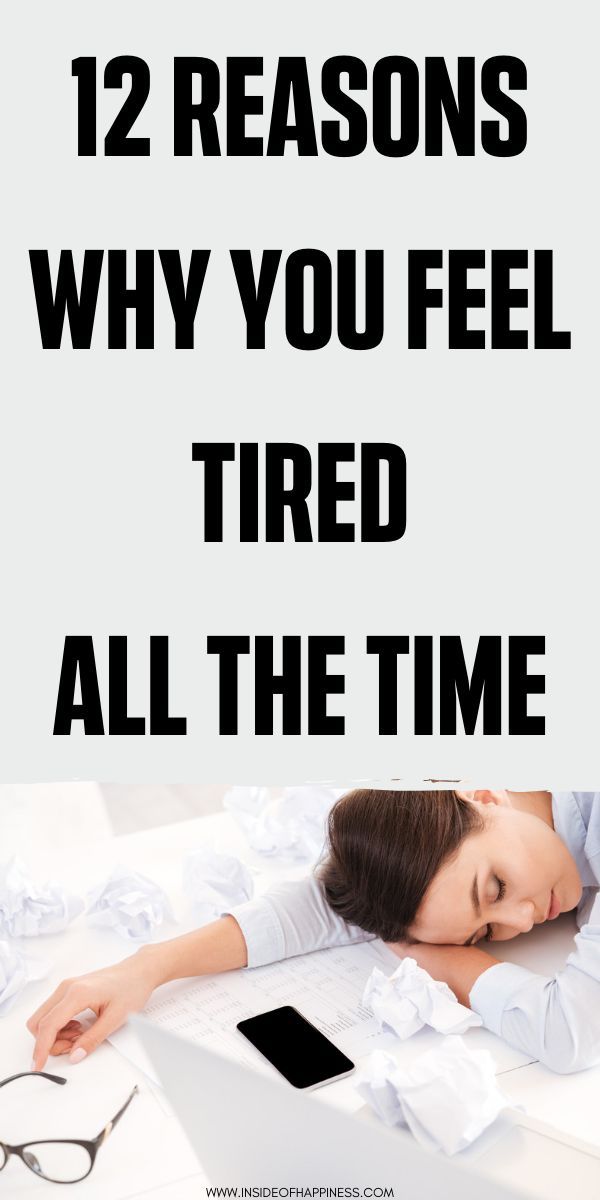
It takes about 15 to 30 minutes for you to feel the effect of the caffeine, and the benefit will last for three to four hours, Rosekind says. “If you plan strategically to use the caffeine every few hours, you can keep yourself at a pretty good level of performance,” he says.
The best strategy: Have your caffeine and lie down for a 30-minute nap. You’ll wake up feeling refreshed, he says.
One caveat: When you finally stop drinking your caffeinated beverage, expect a crash. “The caffeine masks the sleepiness, [but] the sleepiness just keeps building up,” Rosekind says.
Your body clock is attuned to the cycle of darkness and light, so bright light has an alerting effect.
“As people get more and more tired, they often find bright light unpleasant and they’ll deliberately turn the light off,” says Dinges. Instead, you should turn lights on and even step out into the sunshine, Drummond says.
Taking a brisk walk or working out gets your blood moving. Exercise also boosts your brain power. “If you move your body, there’s automatic feedback from your muscles that goes to the central mechanism of the brain to improve alertness,” says Sharon Keenan, PhD, founder and director of the School of Sleep Medicine of the Stanford University Center for Excellence for the Diagnosis and Treatment of Sleep Disorders.
Exercise also boosts your brain power. “If you move your body, there’s automatic feedback from your muscles that goes to the central mechanism of the brain to improve alertness,” says Sharon Keenan, PhD, founder and director of the School of Sleep Medicine of the Stanford University Center for Excellence for the Diagnosis and Treatment of Sleep Disorders.
Even changing your activity or being engaged in a conversation can improve alertness, Rosekind says. But as soon as you stop the activity or conversation, you’re likely to feel sleepy again, he says.
After a night without sleep, your working memory is impaired. That means you can’t keep as many things in your mind at one time, Drummond says.
A study of 40 young adults who had 42 hours of sleep deprivation -- equivalent to staying up all night and the next day until a late bedtime -- showed a 38% decrease in working memory capacity. Imaging studies confirmed that the part of the brain involved in integrating information isn’t as active in people who are sleep deprived.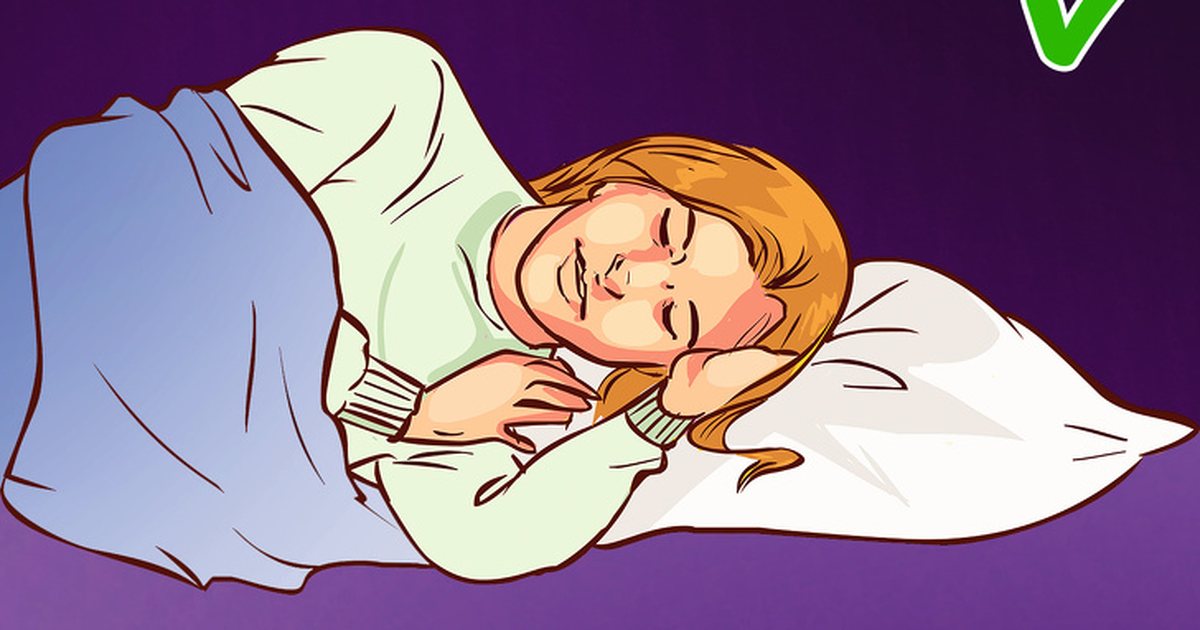
You may try to snap yourself awake by splashing cold water on your face or opening a window or making the room a bit cooler. You may feel better after taking a shower and dressing up for a new day. But there’s no way to trick your body and mind. That refreshed feeling is destined to be followed by a slump.
“The biological drive for sleep is so great that you just can’t cheat it,” Drummond says. “It is as important for life as water and oxygen and food.”
There’s good news at the end of an all-nighter. Once you finally get to sleep again, you will sleep more deeply than usual, with more slow-wave sleep. “It's better to sleep until you just naturally wake up,” says Dinges, which means you may sleep 9 or 10 hours. That will be the true recovery from your sleepless night, he says.
There can be many reasons for staying awake at night: a child got sick, the neighbors were noisy until the morning, you were writing a report or watching an exciting series . .. The next day you may regret it very much, but nevertheless you need to somehow live, work and benefit society. What to do to cheer up at least for a few hours after a sleepless night?
.. The next day you may regret it very much, but nevertheless you need to somehow live, work and benefit society. What to do to cheer up at least for a few hours after a sleepless night?
15 minutes is enough. Perform basic exercises: running in place, squats, bending left and right, swinging your legs. If you can stand on your head, stand in shirshasana, this will help the blood flow, and the brain will start working better. Or just lean forward while holding the position upside down. The effect will be similar. Straighten up carefully so as not to lose your balance. nine0003
During the day, try to take breaks every hour and do the simplest exercises for two to three minutes: walk around the room, move your shoulders, wave your arms, turn your head.
The simplest thing is to do a series of quick shallow breaths, then inhale and exhale as long as possible. Try a yoga exercise: sit on the floor with your legs crossed, close your nostrils with your right thumb and forefinger. Alternately raise your fingers and breathe like this: inhale through the left nostril - exhale through the right (repeat five times). Then follow the series with the right nostril inhaling and the left nostril exhaling. Stretch well. A burst of energy is guaranteed. nine0003
Alternately raise your fingers and breathe like this: inhale through the left nostril - exhale through the right (repeat five times). Then follow the series with the right nostril inhaling and the left nostril exhaling. Stretch well. A burst of energy is guaranteed. nine0003
This exercise can also be performed while sitting on a chair, the main thing is to keep your back straight.
By alternating cold and hot water, the blood will circulate through the body faster, which means that the lungs, heart and brain will receive more nutrition and oxygen. This promotes concentration, and you will be able to work effectively for several hours.
Wash hands well with cold water throughout the day. It's as refreshing as a full shower and is easy to do even in an office setting. nine0003
Quite obvious, but it doesn't hurt to be reminded. However, it is important to limit the consumption of your favorite caffeinated drinks to two or three cups a day: more can be a bit too much for a healthy person, and even more so for someone tired of insomnia.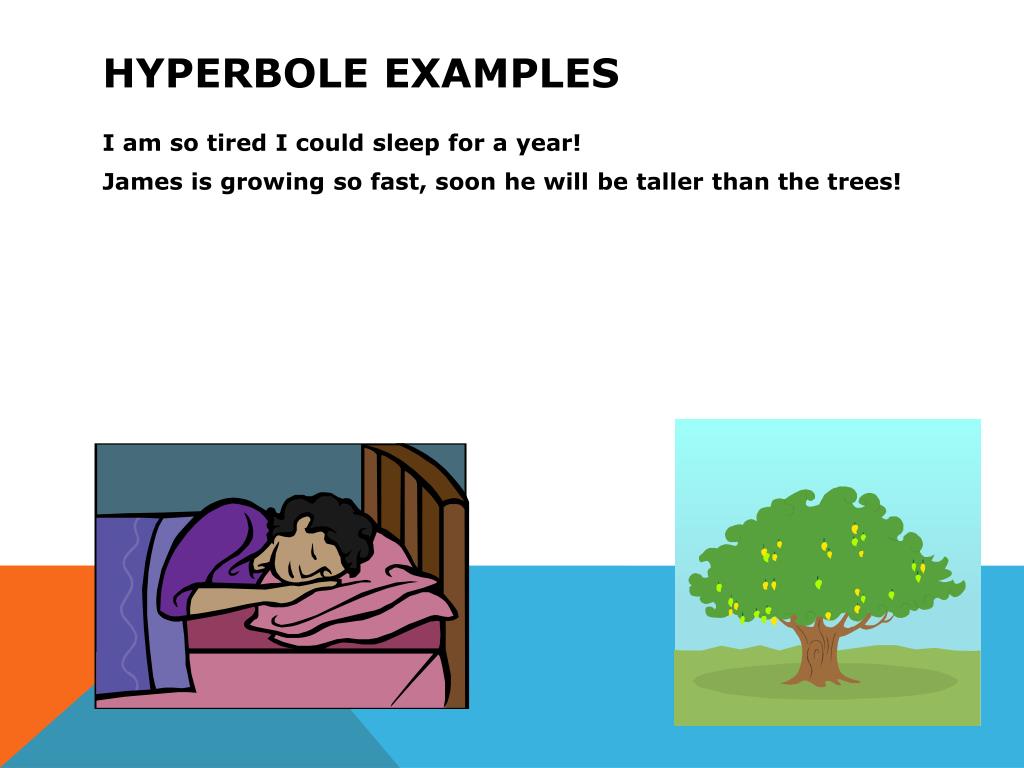
Be sure to drink plenty of water during the day: without a night's rest, the body is usually severely dehydrated.
When the energy level in the body tends to zero or even goes into a frightening minus, you usually want to eat something from the "forbidden". But a fatty burger, biscuit or candy will cause a sharp jump in blood glucose, after which it will drop just as suddenly, and you will just want to sleep unbearably. Then you will either have to continue eating sweets, which is not healthy, or still postpone things for tomorrow and go to bed. nine0003
And if you eat porridge or a sandwich on whole grain bread or healthy sugar-free sweets (such as fruit chips), you will get a good boost of energy.
In the middle of the day, try to find time to sleep. A microsleep for 15–20 minutes can work real miracles: the energy received is enough to remain collected and attentive until the evening.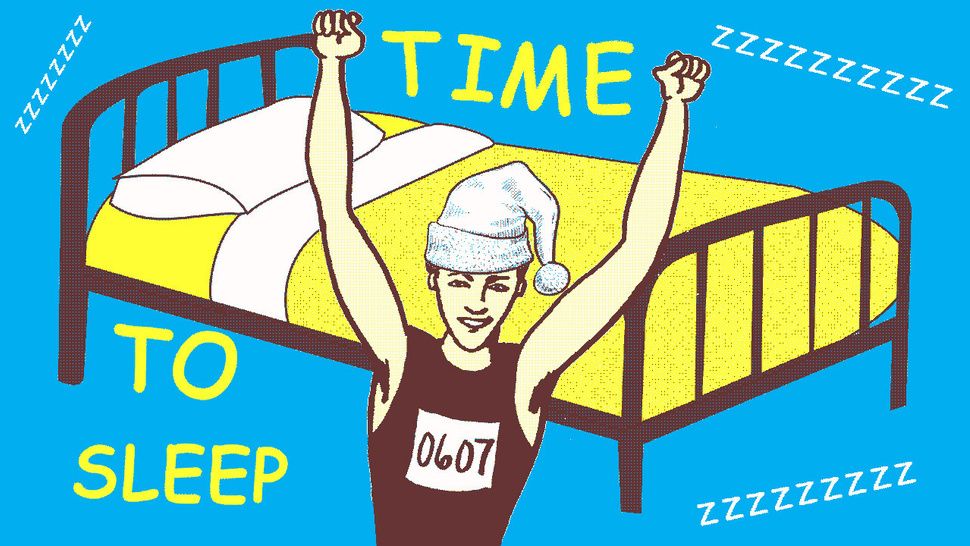
The technique is very interesting: drink a cup of espresso (you can also eat a few slices of dark chocolate) and immediately go to bed or sit back in an office chair. Set an alarm clock for 20 minutes. This will allow you to wake up before the deep phase of sleep sets in, and it will be easier for you to get up than if you had slept for several hours. In addition, it is by this time that caffeine will begin to act, and you will really feel an impressive surge of energy. nine0003
In addition to drowsiness, one of the unpleasant sensations after a sleepless night is “sand in the eyes”. To soothe the mucous, drip any moisturizing drops into the eyes. Perform "palming" (from the English word palm, that is, "palm"). Put your elbows on the table and cover your eyes with your palms (thumbs touch the temples, the rest lie crosswise on the bridge of the nose). Stay in this position for a few minutes. This simple technique gives a powerful and fast boost of energy (even vision becomes sharper). nine0003
nine0003
The body usually responds to mint as a good energy drink, and chewing activates those areas of the brain that are responsible for attention and the ability to analyze. And that's exactly what you need to keep doing your job.
There are many active points on our feet that stimulate the work of internal organs and the brain. Any foot massage affects the state of the whole organism. In order to cheer up for an hour or two, it is quite enough for a couple of minutes to vigorously roll balls with your feet or walk on stones. Repeat several times throughout the day as sleepiness starts to kick in again. nine0003
Two or three times a day, perform a simple massage: rub and knead the neck and shoulders (you can ask someone to do this for you), crumple the earlobes. This will allow blood to circulate better in tired muscles, which means that the brain will receive its portion of nutrition and oxygen, and you will feel more cheerful and fresh.
How do you save yourself after a sleepless night? Add your life hacks to our list.
September 30, 2015 Advice
Who likes to walk around sleepy? Nobody. But it has to. All night long you can study tickets for the exam, finish the project, wait for boarding a delayed flight at the airport. It needs to be experienced. How - read this article.
No one denies that even a slight lack of sleep negatively affects the body. The mood deteriorates, the brain works more slowly, metabolic processes are disturbed, the risk of obesity and diabetes increases. Unfortunately, no amount of fighting spirit will help you make the right decisions if you don't get enough sleep. Even stimulants, such as coffee, will not allow you to think better. nine0003
But one can prepare as well as one can for a night's wakefulness. How to stay awake and survive the night away from bed and recover as soon as possible? So…
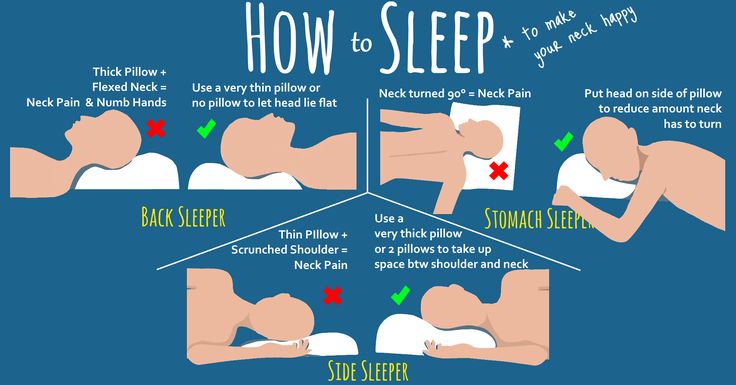 Try to get enough sleep for the future
Try to get enough sleep for the future It is not always possible to plan a sleepless night, but if you guess that you will have to suffer, prepare your body for the load. If you already sleep little, and then do not sleep at all, the negative effects of such a regimen will only accumulate. nine0003
But if you usually adhere to the regime and rest within the normal range, from seven to nine hours, then one sleepless night will not hurt. And if you sleep longer for a few days before a night marathon, then the consequences for the body will be minimal.
Yes, the article is about how not to sleep. But sometimes 20 minutes is better than nothing. If you can get some rest, it is better to give preference to short sleep.
Two problems. The first is the risk of oversleeping. The second, just as serious, is the inability to sleep. Well, how to take a break for 20 minutes if your head is full of business, tasks, tickets? Lie down on the floor in the yoga pose "Shavasana". Even if you are not a fan of meditation and other things, just lie down on a flat, hard surface, spread your arms and legs to the sides, set the alarm (20 minutes!), And then relax the muscles in turn, starting from the toes and up to the top of the head. Consciously, forcing yourself to be completely liberated. It will take two minutes to relax. Another 18 you will either sleep, or at least just rest. nine0003 flickr.com
Even if you are not a fan of meditation and other things, just lie down on a flat, hard surface, spread your arms and legs to the sides, set the alarm (20 minutes!), And then relax the muscles in turn, starting from the toes and up to the top of the head. Consciously, forcing yourself to be completely liberated. It will take two minutes to relax. Another 18 you will either sleep, or at least just rest. nine0003 flickr.com
Sleep for an hour or an hour and a half if possible. This will wake you up from REM sleep and feel refreshed.
We need darkness to produce melatonin, the sleep hormone. If you don't want to fall asleep, turn on the lights. For example, a light source located near the eyes (table lamp, monitor) will bring the brain into an active state.
We sleep better when the room is cool, that is, the temperature is about 18°C. If you want to be cheerful, the room should be neither warm nor cold. 23–24 ° C is the temperature at which it will not make you sleepy.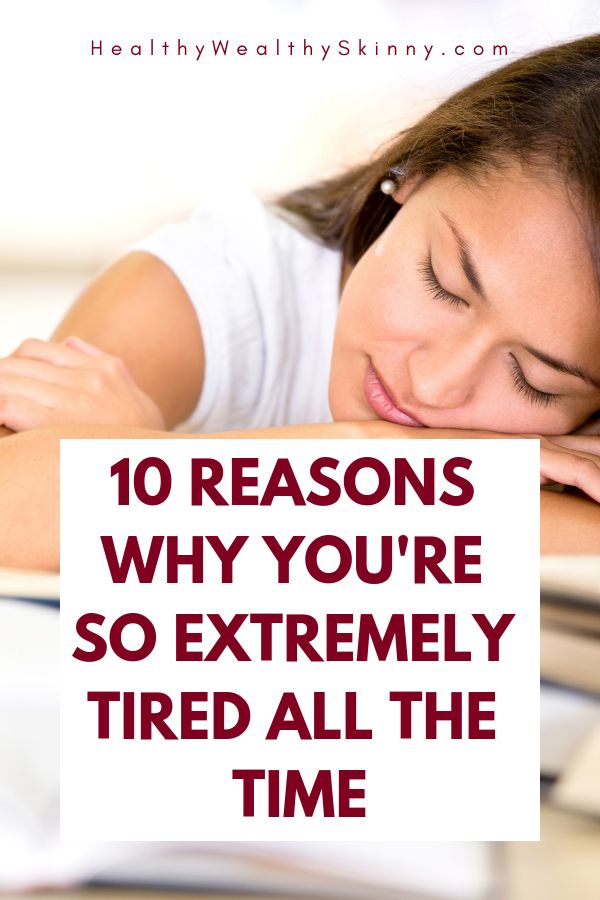 nine0003
nine0003
Sometimes just thinking about getting into cold water wakes you up. It is necessary, it is necessary to wash (at least) if an invigorating shower causes panic. The action of the method is short-term: the charge is enough for half an hour or an hour, then you have to go through the procedure again. But remember that it is useful.
Replace washing and showering with ice cream or popsicles. No more than once a night, so as not to conflict with the next paragraph.
Candy will respond with overwhelming fatigue after a few hours. Sweets will not help you retain energy: sugar will dramatically increase your energy level, and then your strength will leave you just as abruptly.
Better eat foods that will provide you with energy for a long time. For example, light foods with a high protein content. What is this food? Nuts. Eggs. Nuts again. Eat it with vegetables and fruits.
Do not put anything heavy and greasy on your plate, temporarily forget about fried chicken legs and hamburgers. And instead of gorging yourself once, eat small meals throughout the night to keep you fueled all the time. nine0003
Coffee is certainly a stimulant, but caffeine should not be exceeded.
A couple of liters of coffee invigorates just like a couple of cups, it's not just about the quantity. The main thing is not to drink the entire dose of coffee at once.
When there is a night without sleep ahead, you need to focus on tasks. If you drink more than two cups of coffee at once, you will overexcite the nervous system and lose concentration.
Therefore, when you start to get tired, slowly drink a cup or two, it is better to chew something. Then, after four hours, you can go for a coffee supplement. nine0003
Once you've hit your coffee target (four cups a day), switch to water. With sufficient fluid supply to the body, each cell works better, and it is much easier to focus on work.
With sufficient fluid supply to the body, each cell works better, and it is much easier to focus on work.
There are also folk remedies for cheerfulness. For example, tincture of Eleutherococcus or ginseng. Add them to tea (in therapeutic doses!), they are natural tonics that will help fire up the brain and make it work.
Chewing gum increases activity and can even improve brain performance. Help yourself and choose mint gum. Peppermint promotes brain activity, and its aroma improves memory. nine0003
Speaking of smells. Essential oils of mandarin, lemon, orange, rosemary also invigorate. Do not like flavorings and oils - just seize your dream with oranges, or better - a fruit dessert with citrus and mint.
flickr.com Take a short break every 45 minutes to take a short walk. If you drink a lot, as advised above, then you will have to constantly go to the toilet, so use the forced break to walk a little more. nine0003
nine0003
This is especially important if you work all night at your computer. From time to time, do the well-known exercise: take your eyes off the screen and focus on a distant point.
Massage instead of a little warm-up. A full body massage will turn you off, but it’s better to stretch individual points. Neck, ears, head, fingers - restore blood circulation in these areas to make it easier to think and move.
Set aside sounds of nature, mantras, lullabies and romantic music until the next day. Tracks that are too monotonous, even sharp and loud ones, will also not help to keep cheerfulness. Make a dynamic playlist that you want to dance to. At three o'clock in the morning there will be no time for entertainment over the abstract, but it will not pull you to sleep. nine0003
Sit in an uncomfortable chair. Straighten your back, grab your gadgets and set reminders. Only no armchairs, sofas and soft pillows. Stools, a flat floor - these are your jobs. Keep the body in good shape so that the brain does not relax either.
Stools, a flat floor - these are your jobs. Keep the body in good shape so that the brain does not relax either.
When a sleepy veil closes your eyes, you need to wake yourself up with an emotional bomb. Talk to someone whose views are obviously opposite to yours, and on the most sensitive topic (you can arrange a discussion in the comments). Open a link to a resource that you sincerely hate. The task is not to get carried away and not to prove to your opponent that you are right with all your might, but simply to get a dose of adrenaline and open your eyes wider. nine0003
All attempts to artificially increase vigor can only be a temporary measure.
You don't add more resources to yourself when you pour an energy drink inside. You're just helping your body burn its own fuel by working two or three shifts in a row.
Therefore, throw all your strength into recovery.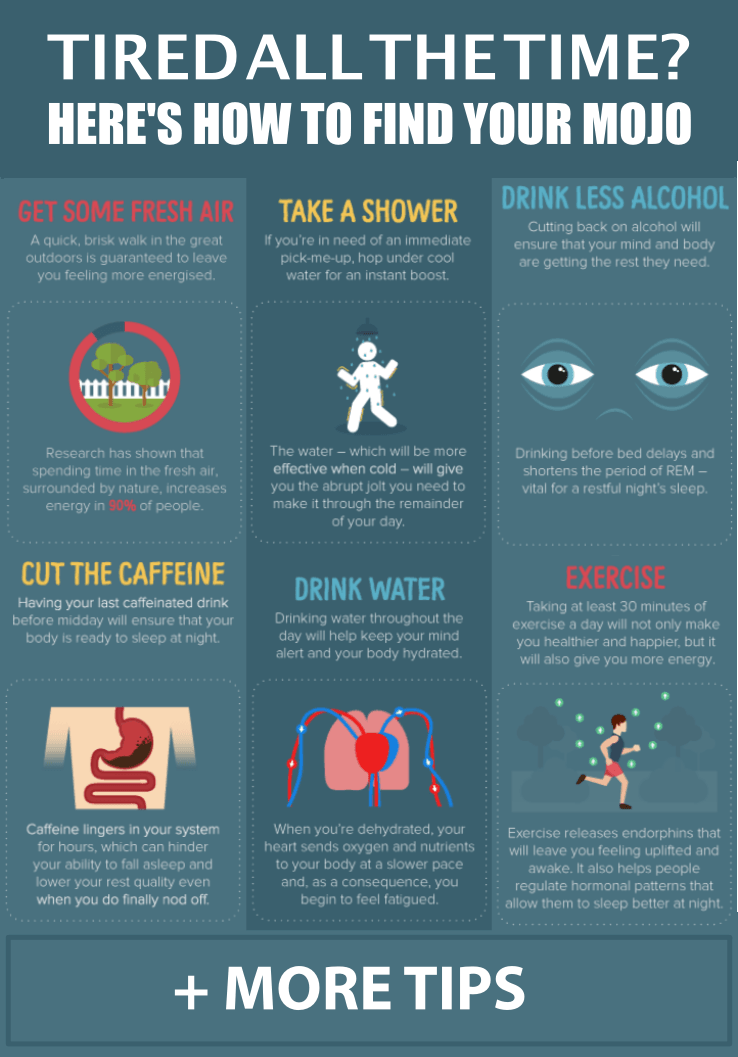
Research shows that a sleepy driver is no better than a drunk driver. So if you have a sleepless night on your schedule, ask someone to drive you to work or take public transport. Until you get at least four hours of sleep in a row, no driving. nine0003
If you don't want to destroy the normal regime, don't go to bed during the day. Otherwise, you risk falling asleep so that you open your eyes only in the evening. And then it will be much more difficult to return to a normal schedule. If you sleep, then according to the night mode: 20, 60, 90 minutes. Not more.
flickr.com When your hands reach for a can of coffee and energy drinks, resist. Even if you drink coffee six hours before bedtime, caffeine disrupts your rest. You need to drink a couple of cups in the morning, but after 16:00, stop going to the coffee machine. Otherwise, despite the nightly adventures, you will not sleep well. nine0003
nine0003
Instead, choose two tasks and work on them one at a time. When you feel that you no longer understand what you are doing, take a break, and then sit down for another task. Don't do them all at the same time - your brain just can't switch fast enough. But he also cannot be busy with routine work. From the same actions you will be pulled into a dream, and a new task activates thought processes. Leave yourself some room to maneuver to keep your thoughts on track. nine0003
Yes, yes, yes, drink water! We are aware that this is the most popular advice when it comes to health. Well then, follow him. :)
If we don't get enough sleep, we crave high-calorie foods and eat more often than usual, although physical activity decreases. Therefore, by the way, regular lack of sleep is associated with a high body mass index.
Proper nutrition is especially important when you are not doing well with the rest of the regime.

The solution is to crunch on vegetables and fruits, nutrients, vitamins and antioxidants will protect cells until you can ensure their normal recovery.
It is better to pull iron on another day, as well as to run many kilometers. But exercising and warming up will help you get through a difficult day and disperse sleep. Well, after light physical activity, even an overloaded brain will sleep better.
A tired brain will demand pleasures, and the easiest way to get them is through food. The dangers of overeating have been known for a long time, so you will only feel unbearably tired if you eat an extra piece.
And a tip from the cap: don't drink anything alcoholic. Lack of sleep + alcohol = disaster.
Scientists have long established that alcohol generally has a detrimental effect on sleep, so if you want to recover from yesterday's night run, even a glass of wine will be superfluous.